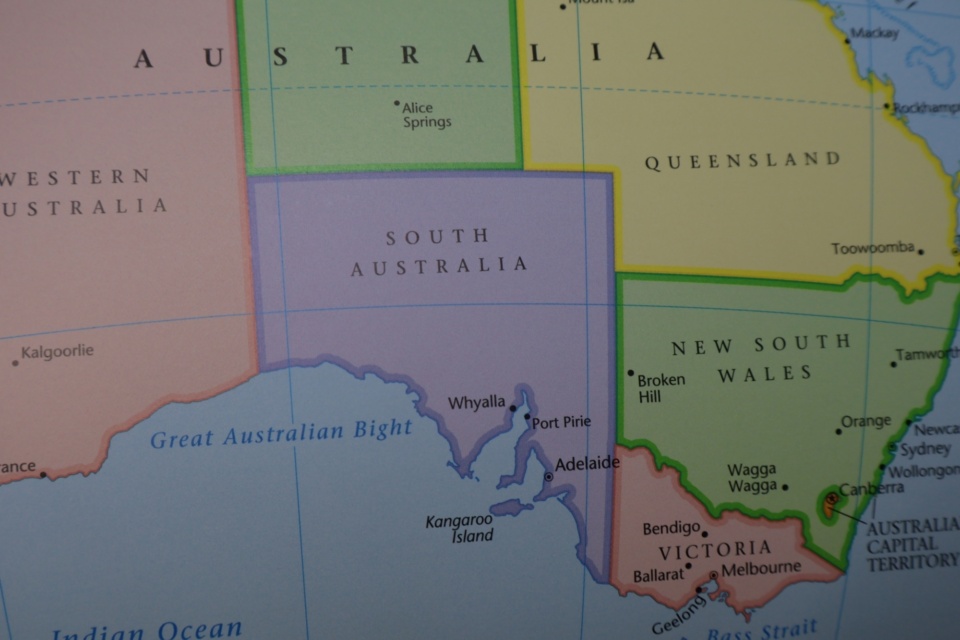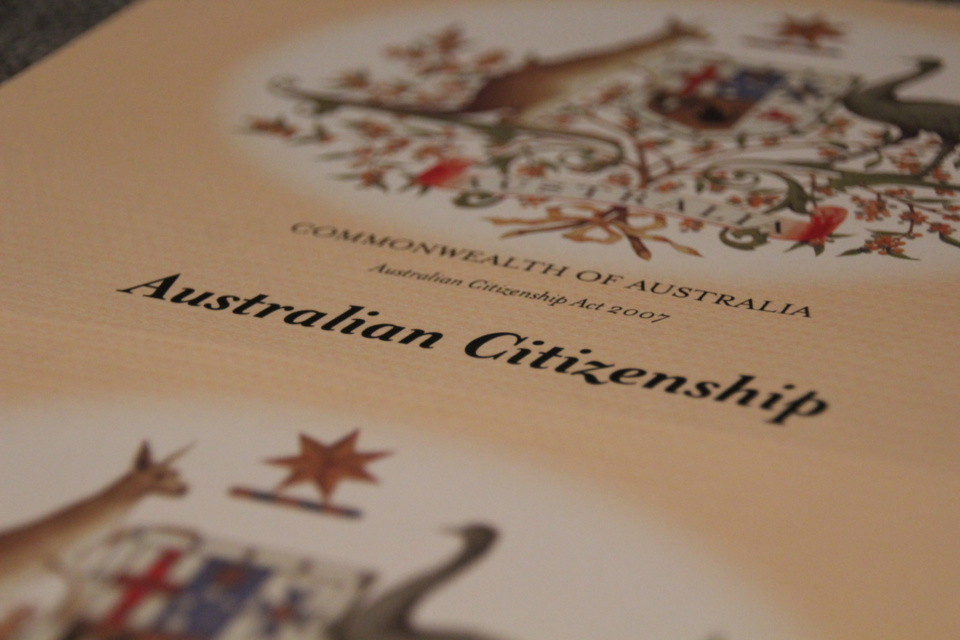
One Nation’s chances as a dominant conservative party are piñata-like
Posted on 11 Feb 2026
Opinions polls insist Pauline Hanson's fortunes are on the rise, but it is likely that enthusiasm…
Posted on 13 Feb 2024
By David Crosbie

When it comes to volunteering, a little bit of validation goes a long way, says Community Council for Australia CEO David Crosbie.
In my travels over the past couple of months I have met and spoken with many people from different places about their roles and contributions to charities and community organisations.
Most of my interactions have been very positive - people talking about how much they enjoy what they are doing, how they are making a difference. But not all. Some have talked about how pointless their work is, how they don’t feel valued, how it all doesn’t matter anyway.
I sometimes wonder if this sceptical and negative sentiment has played a role in the loss of volunteers in Australia and other countries – most recently highlighted by the CEO of Meals on Wheels in Queensland who partly explained a $3 million-dollar deficit by drawing attention to a loss of 9000 volunteers.
One of the most telling stories I heard in my travels was from a senior Canadian volunteer called Gary who talked to me about the evolution of his volunteering.
Initially Gary and his fellow volunteers joked about being the slave labour group. They wanted to be involved but felt as though they were mostly just unpaid workers filling in where the organisation couldn’t afford paid staff to do basic tasks.
They found this form of volunteering wasn’t satisfying or rewarding. They asked to speak with the senior management and began to make changes.
In the second iteration of the volunteer program, the volunteers were given uniforms (Gary described these uniforms as not very flattering) and had greater say over their volunteer rosters and contributions.
They were also offered vouchers for discounts on activities and food. The volunteers started to have a little more pride in what they were doing and contributing.
In the final and current iteration, the slave labour unit became co-designers of their volunteering activities, even designing their own uniforms which they got to keep (Gary felt his was pretty special), creating various awards for the volunteers, receiving free meals, activity passes and drinks vouchers to share, and holding regular get-togethers, not just with the volunteer crew, but also with the CEO and the board.
The volunteers were publicly acknowledged as an important and special part of the organisation.
The pride Gary felt in what he was doing and how it enhanced the organisation was obvious to all he encountered. His personal and real sense of validation informed the way he went about his role and engaged with people.
"People work and volunteer in our sector partly because they believe in change, in achieving a charitable purpose and serving a community. We all need to see a connection between our work and the good the organisation does."
Gary could be any of us, not just in our volunteering, but also in our work and our relationships.
It raises a fundamental question - how validated and empowered do we feel, and perhaps even more importantly, how validated and valued do we make those around us feel?
The emergence of senior managers of people and culture in some of our bigger charities has driven a more systematic approach to validation, mainly as a tool to increase staff and volunteer retention.
Waiting until staff leave to go where they might be more appreciated, or to express dissatisfaction in their role and how it operates, is not good practice.
Even in small organisations, monitoring how staff are feeling about their work and their roles is a critical component of effective management. Discussing how validated people feel should also be an essential component of most appraisal processes.
There is now more active and ongoing monitoring of how staff and volunteers are feeling in many charities, based on methods ranging from informal get-togethers with feedback loops to structured benchmarked surveys.
This increasing level of engagement can only be a good thing.

For me, the most important aspect of staff retention is validation, and as Gary’s story demonstrates, that means more than telling people they are doing a good job.
In fact, telling someone they are doing a good job without actively validating their experience or knowledge, or providing avenues for their input, can be worse than saying nothing at all.
People work and volunteer in our sector partly because they believe in change, in achieving a charitable purpose and serving a community. We all need to see a connection between our work and the good the organisation does.
Gary was one of the best advocates for his organisation that I have ever met. It’s why his story remains with me.
If we can move beyond superficial acknowledgement and build more validation into the relationships we build with volunteers and staff and the people we serve, our organisations will all become stronger and more effective.
The bottom line is, we all need more Garys, but we might need to change the way we do things to get them.
David Crosbie has been CEO of the Community Council for Australia for the past decade and has spent more than a quarter of a century leading significant not-for-profit organisations, including the Mental Health Council of Australia, the Alcohol and Other Drugs Council of Australia, and Odyssey House Victoria.
We're proud to take a stand on progressive issues. Here's a taste of our commentary.

Posted on 11 Feb 2026
Opinions polls insist Pauline Hanson's fortunes are on the rise, but it is likely that enthusiasm…

Posted on 28 Jan 2026
This year’s Adelaide Writers’ Week began with the cancellation of a talk by Palestinian-Australian…

Posted on 17 Dec 2025
Posturing by the US president about Europe's immigration policies, even warnings of future…

Posted on 03 Dec 2025
If you wanted an example of the problems inherent in federal systems, you couldn’t do better than…

Posted on 19 Nov 2025
When it comes to loyalty to car brands, it can be confusing who we should support, and, even more…

Posted on 05 Nov 2025
Before the Prime Minister gets too excited about his recent meeting with the American President, he…

Posted on 14 Oct 2025
The idea of "long term" is not something that sits well in the social media era, yet governments…

Posted on 30 Sep 2025
I am proud of what Our Community, and its exceptional team, have achieved in the past 25 years. As…

Posted on 16 Sep 2025
Happy Australian Citizenship Day! To mark the occasion, Our Community leader Denis Moriarty takes…

Posted on 02 Sep 2025
Words live, evolve, and sometimes die. Some words are invented from scratch, some are old words…

Posted on 26 Aug 2025
The cost of the National Disability Insurance Scheme (NDIS) is climbing relentlessly – $44 billion…

Posted on 04 Aug 2025
The new leader of the Liberal Party, Sussan Ley, wants to increase the proportion of women…